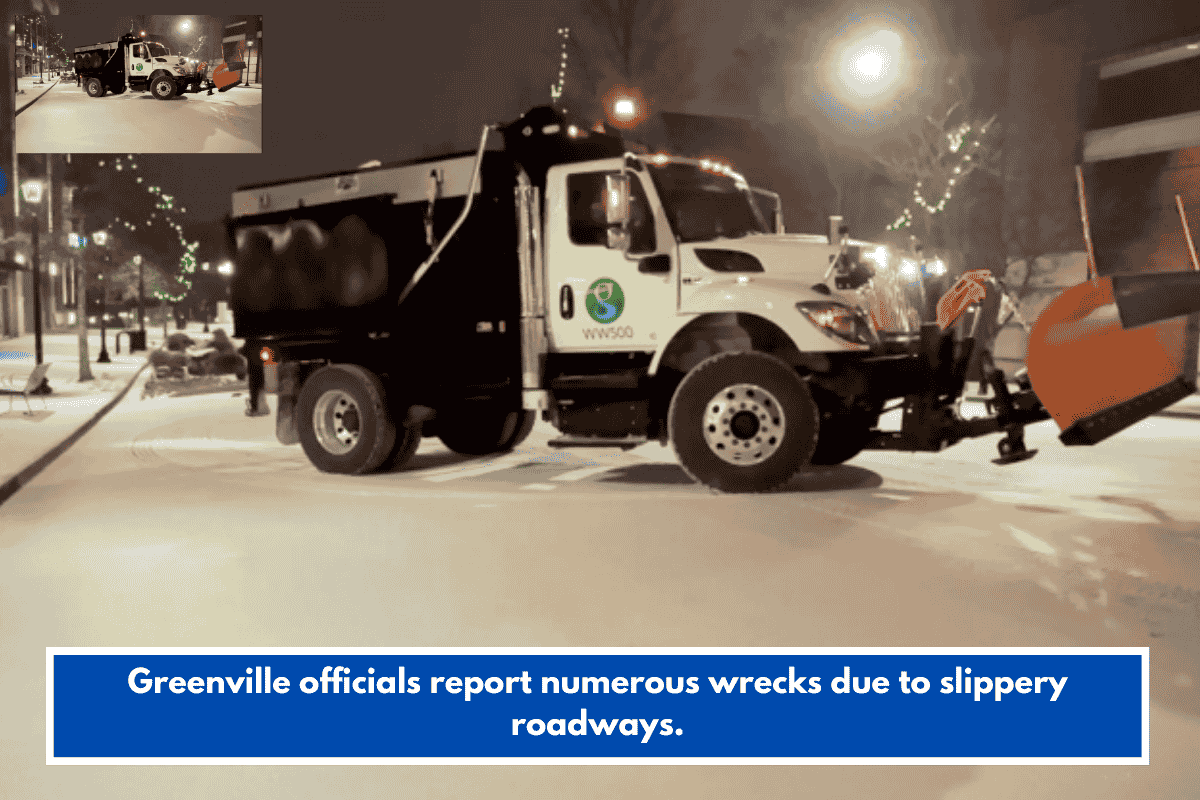Traffic stops can be stressful, and many people wonder if law enforcement in Alaska can search their phone during one. With the rise of smartphones and digital privacy concerns, it’s important to know your rights during a traffic stop. So, is it legal for police in Alaska to search your phone without your consent? Let’s break down the laws and clarify the situation.
The Law Regarding Phone Searches During Traffic Stops in Alaska
In Alaska, as in the rest of the United States, the law protects individuals from unreasonable searches and seizures under the Fourth Amendment of the U.S. Constitution. This means that law enforcement officers cannot search your phone without a valid reason or a warrant. However, there are certain exceptions to this rule that can apply during a traffic stop.
When Can Police Search Your Phone?
Police officers in Alaska, like in other states, generally cannot search your phone during a routine traffic stop without your consent. However, there are some situations where a search might be allowed:
Consent: If you voluntarily agree to let the police search your phone, they can go ahead and do so. However, you have the right to refuse this request. It’s important to be clear that your consent is required for the search to be lawful.
Probable Cause: If the police have probable cause to believe that your phone contains evidence of a crime, they may be able to search it. Probable cause can come from your behavior during the traffic stop, information gathered during the stop, or evidence that suggests your phone is related to criminal activity.
Search Incident to Arrest: If you are arrested during the traffic stop, police may search your phone as part of a search incident to arrest. This means that if you’re taken into custody, officers can search your phone for evidence related to the crime you were arrested for. However, the search must still be reasonable and related to the crime.
Exigent Circumstances: In rare cases, if there are emergency situations that require immediate action, such as preventing the destruction of evidence, police might be allowed to search your phone without a warrant. These are known as “exigent circumstances.”
What About Digital Privacy Laws?
In addition to the general search and seizure rules, digital privacy laws provide additional protections. In 2014, the U.S. Supreme Court ruled in Riley v. California that police need a warrant to search a person’s phone, even if they are arrested. This decision was a significant victory for digital privacy rights and means that, in most situations, police in Alaska cannot search your phone without a warrant, even after an arrest.
What Should You Do If Police Want to Search Your Phone?
If police officers ask to search your phone during a traffic stop in Alaska, you have the right to refuse. You don’t have to give your consent, and if you do, it’s important to understand that anything on your phone could potentially be used against you in court. If the police have no probable cause or a warrant, they cannot force you to let them search your phone.
If you are arrested, they may be able to search your phone as part of the arrest process, but they still need to follow the rules set by Riley v. California. If they attempt to search your phone without a warrant or consent, you can ask if they have one or express that you do not consent to the search.
In Alaska, police generally cannot search your phone during a routine traffic stop unless they have your consent, probable cause, or a warrant. The Riley v. California decision provides strong protections for your digital privacy, meaning that even if you’re arrested, police must have a warrant to search your phone in most cases. Always remember that you have rights during a traffic stop, and it’s important to understand them to protect your privacy.
SOURCES
[1] https://www.acluak.org/en/news/know-your-rights-interacting-police-law-enforcement-and-ice
[2] https://alaskabar.org/youth/wp-content/uploads/2018/04/Law_Enforcement_and_Crime.pdf
[3] https://www.acluak.org/en/know-your-rights/what-do-if-youre-stopped-police
[4] https://www.uaa.alaska.edu/about/administrative-services/departments/university-police-department/upd-traffic-stop-safety-tips.cshtml
[5] https://collincountymagazine.com/2025/06/16/can-alaska-police-search-my-phone-during-a-traffic-stop-heres-what-the-law-says/














